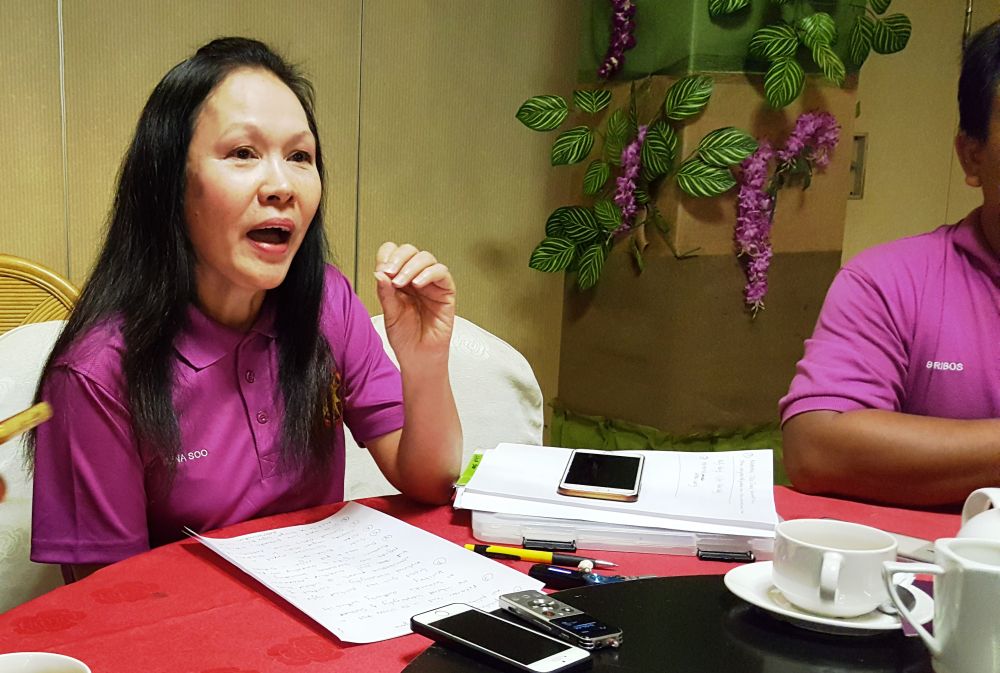KUCHING, June 11 — The state government must ensure that the proposed integrated US$5 billion (RM20.8 billion) oil-and-gas complex in Lawas will benefit Sarawakians, the Sarawak Reform Party (STAR) said today.
Its president Lina Soo said the benefits should include the award of contracts, procurement and employment opportunities.
She said there should also be a transfer of technology and training to the locals and compliance to international standards on environment and safety requirements during implementation up to completion, commissioning and operations of the project.
Soo also called for the installation of up-to-date information technology so that every drop of oil and gas leaving Sarawak is tracked and not lost.
The state government signed a memorandum of understanding with Chinese firms Beijing BECA Sci-Tech Co Ltd and Sinopec Engineering Incorporation to build the integrated O&G complex in Lawas yesterday.
“The Chinese are formidable and well exposed in handling international business dealings, and that the state government must put in place a strong team and hire O&G experts in this specialist field, not just local talents, but also to headhunt for world-renowned oil experts, to ensure Sarawak secure a fair deal and maximise our profits from our resources,” she said.
Soo said an investment cost of US$5 billion for the Lawas petrochemical project is still small compared to the US$30 billion O&G complex in Pengerang, Johor, which she noted has a spillover effect that resulted in the development of Iskandar, Senai Desaru and ports.
The construction of the first phase of the petrochemical project to be sited at Sari Peninsular in Lawas district will start before the end of this year and is expected to be completed by 2022.
Soo also urged the state government to look into the possibility of setting up a state-owned oil refinery.
Citing Petronas reports, she said Sarawak produces up to 850,000 barrels of O&G daily but claimed it remains a “Third World” state for all that.
She said the outflow of 70,000 Sarawakians from the state to work in peninsular cities like Johor, Kuala Lumpur and Singapore was an example the state needed to do more to ensure locals could find work at home.



















